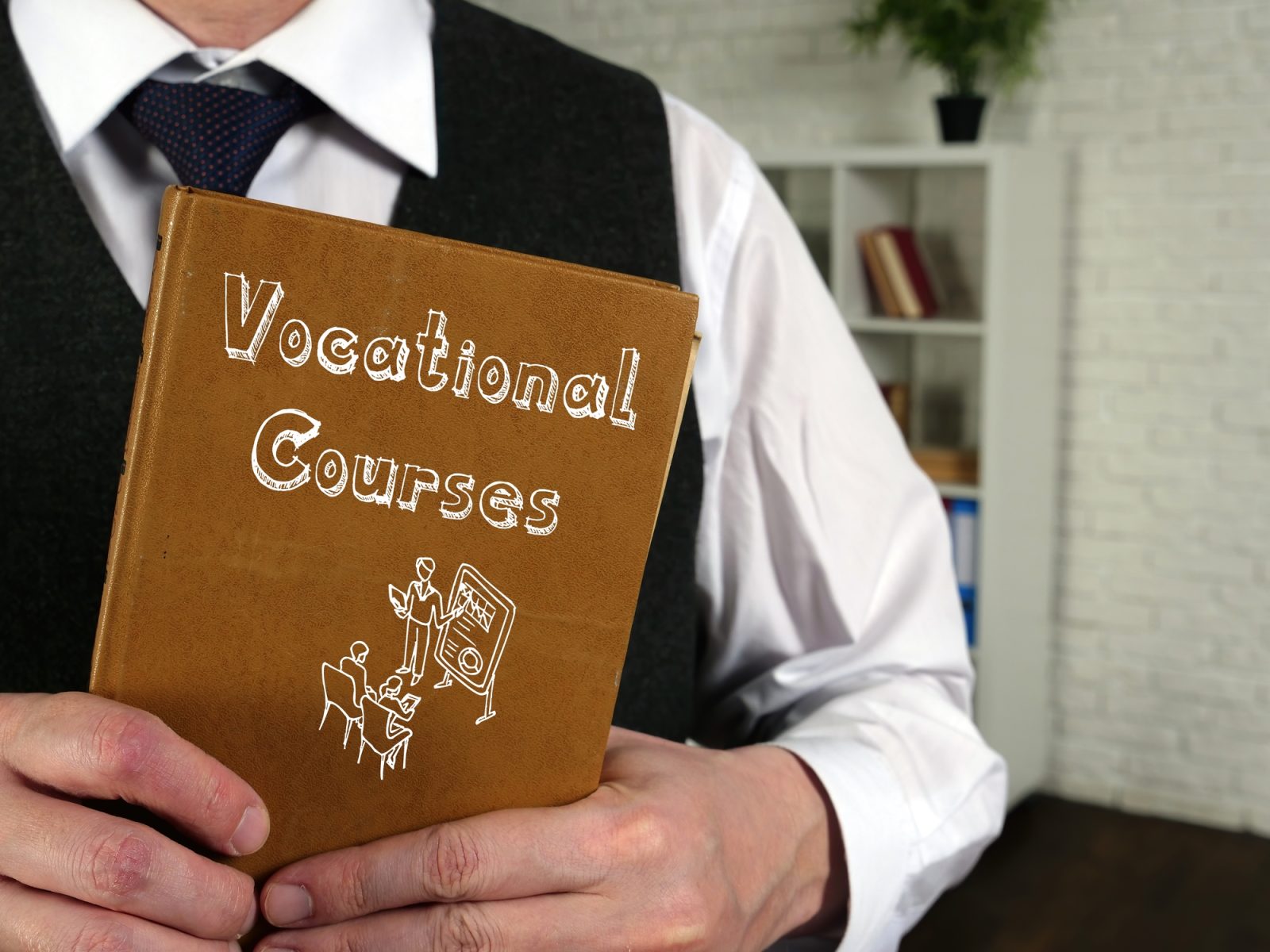The Benefits of Vocational Courses
Each year, there are millions of 16-year-olds who are trying to make their career choices right after they receive their GCSE results. Regardless of the results, any student in the UK has an opportunity to start shaping a career of a dream. In order to fulfill their aspirations, students have to consider all the options available.
According to the latest research, about 62% of students in the UK are sure about their dream job. Still, there are remaining 48% of those who do not have any clear ideas about the career they want to pursue.
For many years, vocational education in the country was only seen as the route for those who were not as good at school to apply for university. Nevertheless, vocational education has much more to offer. Vocational education, also known as work-related education, is the educational pathway that helps students to learn skills that will help them to get a job, as well as to do a job properly. Though it is believed that vocational education is easier pathway than A-levels, it is not so. It is an alternative that provides people with practical skills instead of just theoretical ones. Also, vocational education helps students to understand how to use these skills in the most efficient way.
Furthermore, there are a lot of people who are not aware that vocational education can actually provide students with the same benefits as higher education provided in universities of the country. The truth is that vocational education can lead to the same level as a degree.
A student who gets a vocational qualification is more likely to start working sooner in comparison to those students who are focused on academic degrees. Furthermore, vocational training helps to back up what has been learned and to earn money at the same time. Nevertheless, earning money is not the only advantage of such educational pathway.
According to the Vocational Rich List introduced by City & Guilds, the 25 wealthiest people across all industries, the UK’s self-made millionaires and entrepreneurs, have a vocational background. Furthermore, 68% of those people work in the field of their qualification.
It is important for modern students to understand that vocational and academic routes should not be seen as mutually exclusive. The truth is that these two pathways are complementary. Even top specialists have to attend some courses to become better at what they do. For example, there are surgeons who go on a course to get up speed and to learn about latest techniques. Such courses are structured the same to vocational ones.
There are a lot of people in the UK who still are not aware of all opportunities and advantages provided by vocational education. That is why many of the GCSE candidates do not even consider vocational route as an option. Many people still see vocational education as a narrow route. Nevertheless, vocational education is ready to offer more than 500 different qualifications, including those in the fields of teaching, healthcare, travel and tourism, journalism and even law.
It is not a secret that in the modern world, employees are looking for highly skilled tradespeople. That is why vocational education today is considered to be a good choice.

